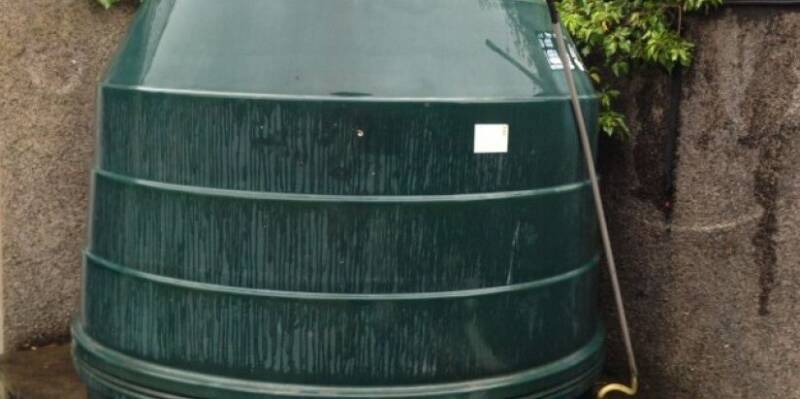
What to do if your heating oil tank leaks
Heating Oil leaks and spillages at or around your home may result in strong odours or fumes in your home. These fumes can cause headaches, sore throats and irritate eyes. All oil leaks or significant spillages should be investigated as they are expensive and potentially harmful to health. Oil leaks usually occur due to breaks in the supply pipes or faulty connections as well as damaged tanks.
If your own oil tank is leaking or if there has been a significant spillage in your garden then you should contact your home insurance company and take their advice on remedying the matter
If a neighbouring property has experienced a leak or spillage and you are concerned about any effect on your health please contact us.
Signs of an oil leak or spillage
- Strong smell of oil around or inside your home
- Blackening of grass in large patches
- Noticeable increase in cost
What to do if you have a leak or spillage
- If fumes are present within your dwelling you should open windows and keep the house well ventilated
- Switch off the supply of oil
- Arrange for an engineer to repair or replace any defective pipework or tank
- Do not wash away oil into drains or use a detergent
- If possible try and prevent the oil from entering drains by using sand or other inert material to contain the oil
- If the leak could affect a stream, pond or other water supply, call the Northern Ireland Environment Agency Emergency Pollution Hotline on 0800 807 060.
Contact Us
If you would like further information, please contact us at Ballymoney Office, Riada House, 14 Charles Street, Ballymoney BT53 6DZ or Limavady Office, 7 Connell Street, Limavady, BT49 0HA